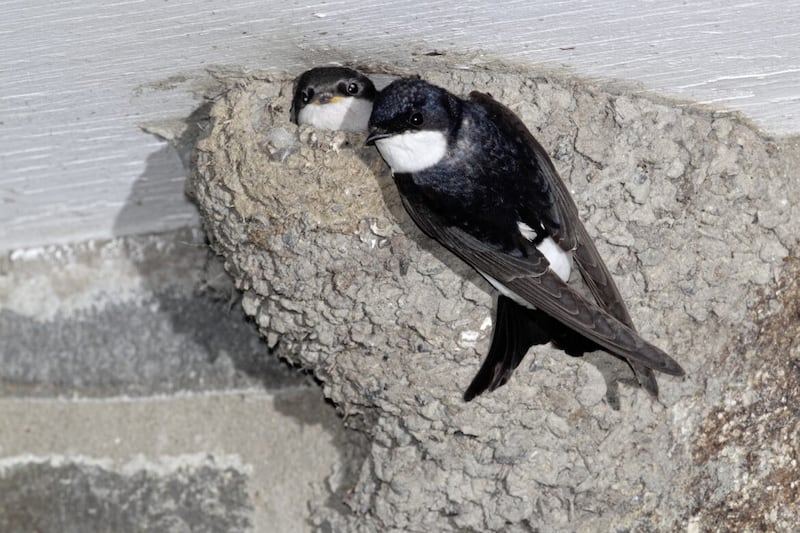SWIMMING in the Atlantic, the flight of a moth, the honk of swans overhead, small oases of wilderness in an urban sprawl – all open up Thin Places for Derry-born writer Kerri Ní Dochartaigh.
She explores the idea that there are certain locations “that make us feel something larger than ourselves, as though we are held in a place between the worlds, beyond experience”, which in Irish are ‘áiteanna tanaí’ or thin places.
“When we hallow a place, we bless it and we make it holy. We sanctify and honour it; we consecrate and hold it as sacred. We keep its ways and we hold them close. We listen to the place and we feel its reverberations in our bones.”
Born into a mixed marriage, her family were burned out of their home in the Waterside because they were identified as Catholics. They moved into a nationalist estate in Derry’s cityside and were driven out of there a few months later because they were perceived to be Protestants.
“Witnessing violence of the kind we did – so often, so intimately, to such a destructive end – does something to you. You are changed forever.”
Her fractured family move to a village 20 miles from Derry where she finds acceptance but when she is 16 a close friend is murdered. She doesn’t name him, but the location, date and circumstances of the notorious killing are all there for anyone who wants to delve further.
She moves to Dublin to study at Trinity – living hand-to mouth to finance her studies while her friends party – then to Cork, then to Scotland and then to England, drinks too much and contemplates suicide. But ultimately she returns to Derry, the place that nurtured so much hurt in her and that wounded her psyche.
“There is a power to place – a hold that is kept over us – a woven thread that never really loosens itself once we have been there and held by it.”
The threat of Brexit to stability in Ireland as the prospect of a hard land border looms on the horizon – a real possibility when Thin Places was being written in 2019 – is a returning motif. For Ní Dochartaigh the border is an invisible, man-made concept that does not exist in nature, nor in our own inner wildness.
“I think so much in these troubled, dividing days, about what it might mean to live as the birds do, as the moths and butterflies, as we once did ourselves maybe: free from border and barrier – in a place where the veil is so thin that we are reminded what it means to really be here – in this glorious world.”
For Ní Dochartaigh, the loss of our native language is symbolic of our disconnection from nature. “The Irish language is rooted in a world in which the unseen is as real as the seen. The existence of other dimensions is taken as a given, and there is an inherent understanding that both the land and everything in the natural world are bright, breathing beings.”
She sets about to learn and reclaim the language: “How can we protect things we cannot name?”
Thin Places contains passages that plunge you far deeper than what is written on the page and that take the reader beyond mere experience and observation. Ní Dochartaigh’s words are like a shaman’s incantations, her sentences opening up uncharted paths into the psyche.
“There are places that are so thin that we see right through it all, through the untruths we have told ourselves about who we are. We see through every last bit of the things that we once thought defined us. We see that, like a landscape that has undergone vast and irreversible shifts, we too, might be capable of change.”
Thin Places by Kerri Ní Dochartaigh will be published by Cannongate on January 28.








